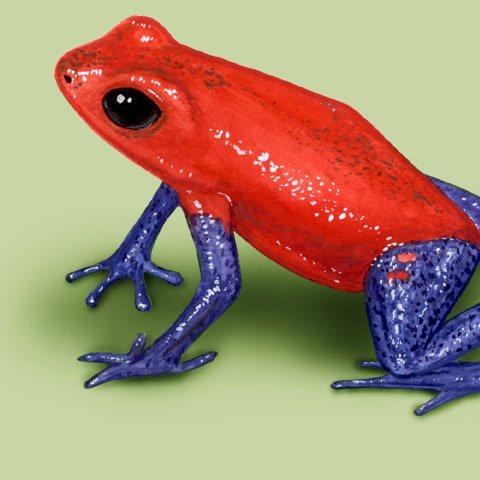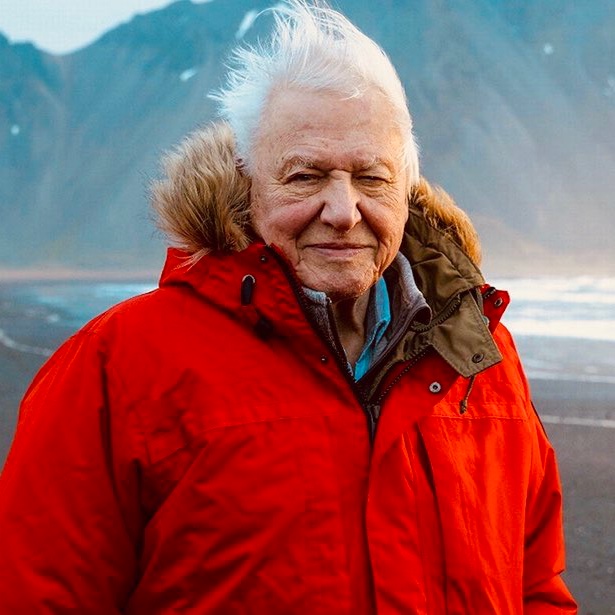Join the Amphibian Conservation Research Symposium in Manchester this April! Follow the thread to learn more about it. The deadline for abstract registration is 29th March 2019. #ACRS #Amphibian #Conservation #Research @AmphibianCon @chesterzoo
manchesteramphibianresearch.com
manchesteramphibianresearch.com
ACRS is the only international symposium dedicated specifically to the sharing of research and strategies to empower the future of amphibian conservation!
ACRS helps to bring together amphibian conservationists and researchers from around the world to gain experience, learn new ideas and make contacts!
With a strong focus on early career conservation and research practitioners, ACRS is helping to build a future for global amphibian conservation efforts!
ACRS brings together amphibian conservation researchers from all fields and backgrounds, including academics, veterinarians, field biologists and members of the zoo community!
The two-day meetings provide a platform to present a wide array of talks and posters covering evidence-based approaches and management strategies that promote amphibian conservation!
Previous topics have covered disease, ecotoxicology, genetics, ex-situ husbandry, captive breeding, reintroduction programs, surveying techniques, habitat utilisation, in situ programs, amphibian trade and urban ecology.
What are you waiting for? Sign up for the Symposium! The deadline for abstract registration is 29th March 2019.
ACRS is co-organized by the Amphibian Survival Alliance, the @chesterzoo and the Manchester Metropolitan University.
ACRS is co-organized by the Amphibian Survival Alliance, the @chesterzoo and the Manchester Metropolitan University.
• • •
Missing some Tweet in this thread? You can try to
force a refresh














